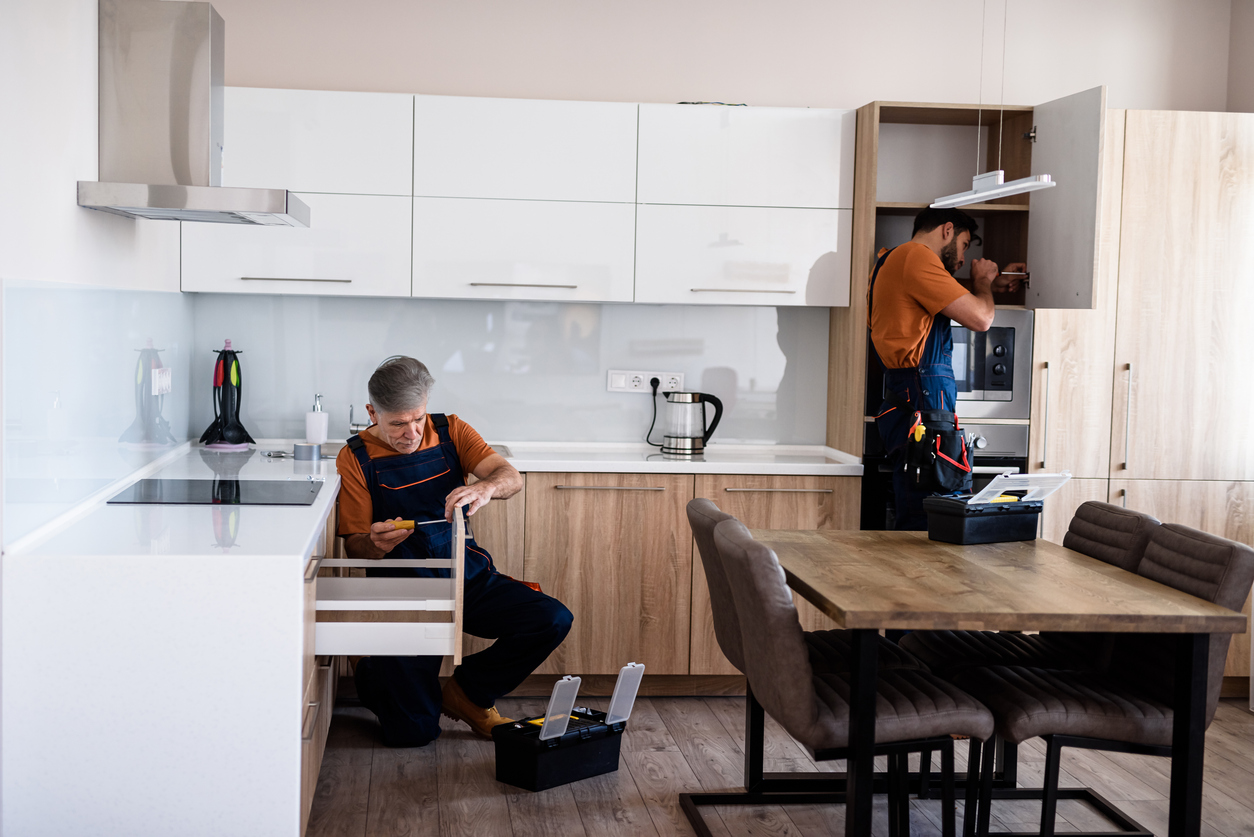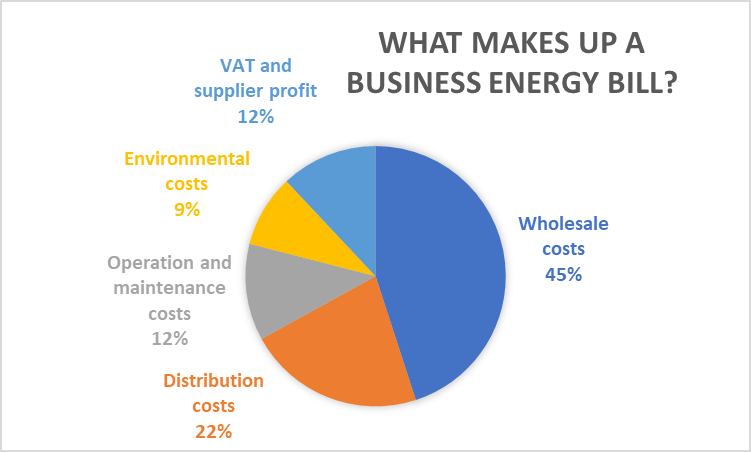Property Inspections: Essential Guide for Landlords, Tenants, and Investors
Property inspections are a crucial part of property management, ensuring that rental homes remain in good condition and tenants are fulfilling their lease obligations. Regular inspections help landlords protect their investment, address maintenance issues early, and avoid costly repairs. This guide covers everything you need to know about property inspections, including their benefits, how to conduct them, and how Fraser Bond can assist you with professional inspection services.
1. What is a Property Inspection?
A property inspection is a systematic check of a rental property to ensure it is well-maintained and complies with safety standards. These inspections are usually conducted by landlords, property managers, or inspection professionals.
Types of Property Inspections:
- Move-In Inspection: Conducted before a tenant moves in to document the property’s condition.
- Routine/Periodic Inspections: Regular checks (e.g., every 3-6 months) to monitor the property’s upkeep.
- Move-Out Inspection: Performed when a tenant vacates to assess any damages and determine if deductions are needed from the security deposit.
- Ad-Hoc Inspections: Conducted when there are specific concerns, such as tenant complaints or suspected property damage.
2. Why Are Property Inspections Important?
Property inspections are beneficial for both landlords and tenants:
- Preventative Maintenance: Identifying minor issues early can prevent them from escalating into costly repairs.
- Lease Compliance: Ensures that tenants are adhering to the lease terms, such as no unauthorized modifications or pets.
- Property Value Protection: Regular inspections help maintain the property’s condition, preserving its market value.
- Safety Compliance: Confirm that smoke alarms, carbon monoxide detectors, and other safety devices are functioning correctly.
- Transparency: Move-in and move-out inspections provide clear documentation, reducing disputes over deposit deductions.
3. How Often Should Property Inspections Be Conducted?
The frequency of property inspections can vary based on the property type, tenant agreement, and landlord preferences:
| Inspection Type | Recommended Frequency |
|---|---|
| Move-In/Move-Out Inspection | At the start/end of tenancy |
| Routine Inspection | Every 3-6 months |
| Ad-Hoc Inspection | As needed (e.g., after tenant complaints or damage reports) |
Most landlords opt for biannual inspections to balance tenant privacy with the need for regular property maintenance.
4. What to Check During a Property Inspection
A comprehensive property inspection involves checking various aspects of the property to ensure it is in good condition. Here’s a checklist:
Exterior
- Roof, gutters, and drains for damage or blockages.
- Walls, windows, and doors for cracks or leaks.
- Garden, driveway, and exterior lighting.
Interior
- Kitchen: Check for leaks, appliance functionality, and cleanliness.
- Bathroom: Inspect plumbing, tiles, grouting, and ventilation.
- Living Areas & Bedrooms: Look for wall damage, carpet wear, and smoke detector functionality.
- Utilities: Test heating, air conditioning, and electrical outlets.
Safety Checks
- Smoke alarms, carbon monoxide detectors, and fire extinguishers.
- Check for signs of mold, dampness, or pest infestations.
- Inspect locks and security systems.
5. Best Practices for Conducting Property Inspections
To ensure smooth and effective property inspections, follow these best practices:
a) Notify Tenants in Advance
- Provide tenants with at least 24-48 hours’ notice (or as specified in the lease agreement) before conducting an inspection. This helps maintain trust and transparency.
b) Use a Standardized Checklist
- Having a detailed checklist ensures nothing is overlooked and provides consistency in your inspections.
c) Take Photos and Notes
- Documenting the property’s condition with photos and written notes can be crucial evidence if disputes arise later.
d) Be Respectful and Professional
- Conduct inspections respectfully, especially if tenants are present, and avoid being overly intrusive.
e) Address Issues Promptly
- If any issues are discovered, ensure they are resolved quickly to maintain the property’s condition and tenant satisfaction.
6. How Fraser Bond Can Assist with Property Inspections
Fraser Bond offers comprehensive property inspection services to help landlords protect their investments and ensure tenant compliance:
- Professional Inspectors: Our experienced team conducts thorough inspections, providing detailed reports and recommendations for maintenance.
- Detailed Documentation: We provide photos, checklists, and notes to document the property’s condition.
- Move-In & Move-Out Services: Comprehensive inspections at the start and end of tenancies to ensure transparency and avoid deposit disputes.
- Routine Inspections: Regular checks to identify potential issues early and prevent costly repairs.
- Compliance & Safety Checks: Ensuring that your property meets all legal safety standards, including fire safety and health regulations.
With Fraser Bond’s property inspection services, you can have peace of mind knowing that your property is well-maintained and your tenants are happy.
Conclusion
Property inspections are a vital aspect of property management, helping landlords maintain their investments, ensuring tenant satisfaction, and minimizing potential legal disputes. By conducting regular inspections, you can identify issues early and maintain the long-term value of your property.
Need help with property inspections? Contact Fraser Bond today to schedule a professional inspection and receive a detailed property report.
FAQs
-
How often should I conduct a property inspection?
- It’s recommended to conduct routine inspections every 3-6 months and at the beginning and end of each tenancy.
-
What should I check during a property inspection?
- Key areas include the exterior, interior rooms, utilities, and safety equipment like smoke alarms and carbon monoxide detectors.
-
Do I need to notify tenants before an inspection?
- Yes, landlords are typically required to give tenants 24-48 hours’ notice before conducting an inspection.
-
Can Fraser Bond handle property inspections for me?
- Absolutely. Fraser Bond offers professional property inspection services, including detailed reports and maintenance recommendations.
For more information on property inspections and management services, reach out to Fraser Bond’s team of experts today!











